5. Valerian and the City of a Thousand Planets
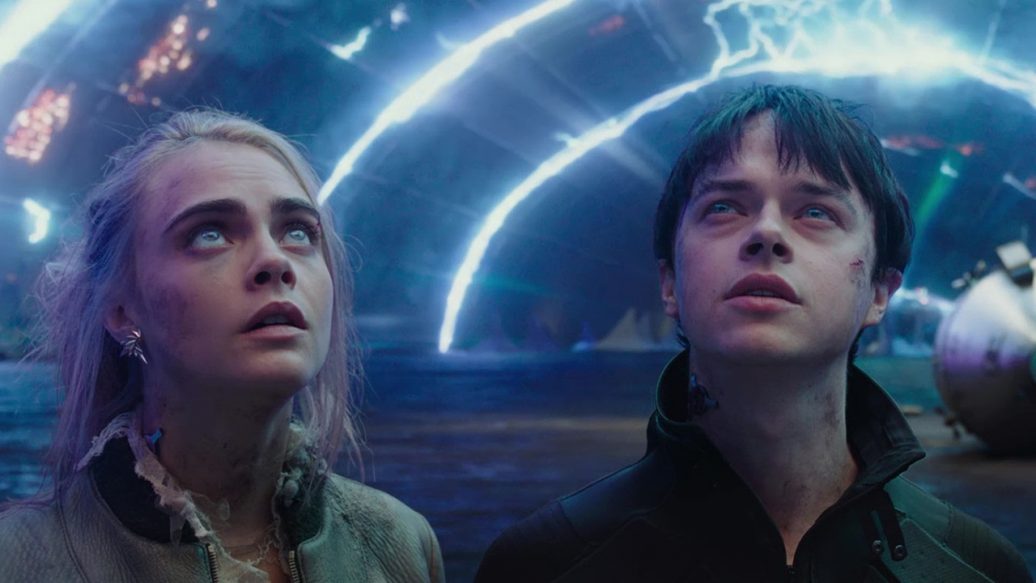
Luc Besson’s space opera Valerian and the City of a Thousand Planets is the very definition of ambitious- it’s a visually dazzling, incredibly detailed film that builds its own universe from the ground up, and even if it falls on its face in a few moments it still makes for an interesting watch. Opening with a stunning sequence set to David Bowie’s “Space Oddity,” Valerian explores a hopeful vision of the future where different cultures and species can coexist, and the threat of this happy confluence of societies being destroyed is genuinely menacing.
Perhaps Dane DeHaan and Cara Delevingne don’t develop the characters of Valerian and Laureline all that much, but they serve as appropriate audience avatars to explore the world that surrounds them, and in the film’s climactic final scenes they are able to make a difficult decision about how to wrestle with mankind’s imperialism.
Besson never does the same scene twice, and each side adventure that the pair goes on explores a different side of this universe and adds a new perspective on how an international alien bazaar could look. It’s easy to mock Valerian and the City of a Thousand Planets based on the quirky character designs and occasionally flat dialogue, but there’s so much to take in that it’s impossible not to respect the ambition behind it.
4. King Arthur: Legend of the Sword
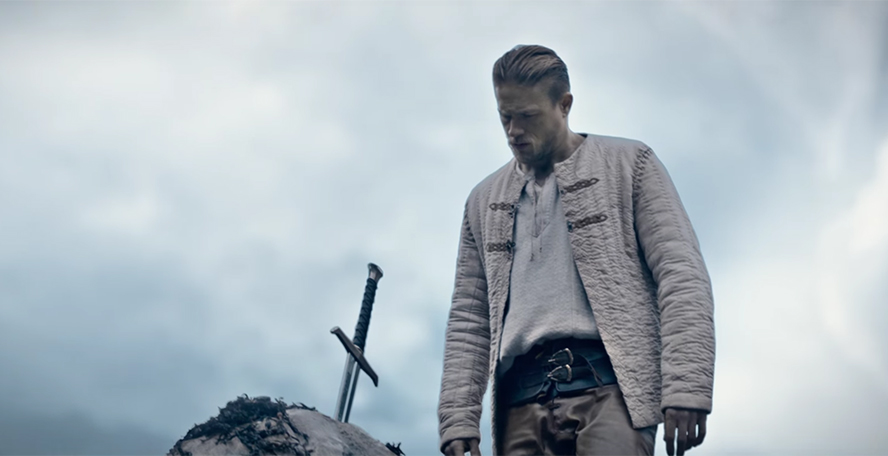
Perhaps the only “legend” that remains of Guy Ritchie’s medieval epic is its notorious box office failure, which reportedly loss Warner Bros. up to $150 million. Hyper stylized, King Arthur: Legend of the Sword modernizes the fantasy epic with the odd pacing and humor that Ritchie used in Snatch and Lock, Stock, and Two Smoking Barrels.
This depiction is perfect for the version of Camelot that he’s going for; in Ritchie’s version, Arthur (Charlie Hunnam) has been raised in brothels as the villainous Vortigern (Jude Law) rules the kingdom, but when Arthur lifts Excalibur from the stone he becomes aware of his lineage and leads a revolution against this evil regime.
King Arthur is a character that has been seen on screen so many times that a new version has to reinvent the age old story, and Legend of the Sword makes an interesting choice in turning him into a brawling, dangerous street thug. However, all the integral character aspects are all still there, and while Hunnam was likely cast for his physicality, he’s also convincing as a charismatic leader who wants what is best for the community he represents.
Ritchie stages some jaw dropping set pieces, using elaborate chases to explore the depths of his world that lead to a simply astonishing final confrontation between Arthur and Vortigern. Ritchie is a filmmaker who can adapt his tone to any setting, and it’s hard not to respect the audacity of this reimagining.
3. The Lone Ranger
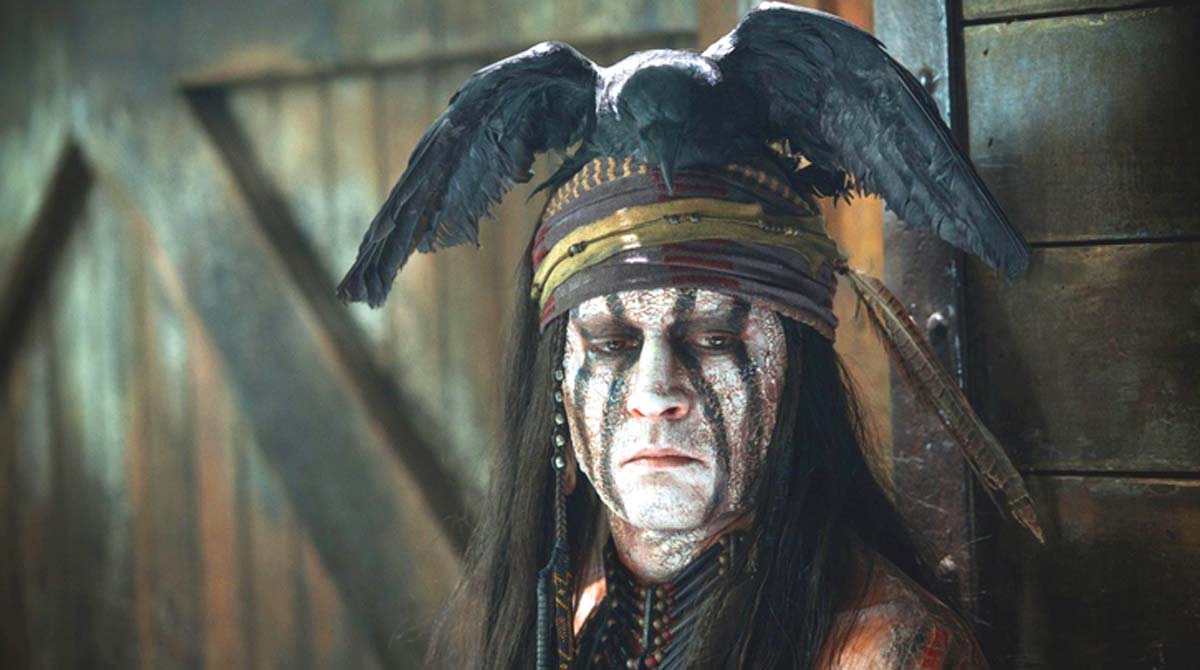
The Lone Ranger seemed destined for disappointment, as years in development hell, a release date that was pushed back several times, and a massive marketing budget all seemed to hint towards its eventual box office disappointment. The film’s reviews weren’t any kinder, although the film does have its fans, including Quentin Tarantino.
Released as Johnny Depp’s career had begun to sink and Armie Hammer’s had yet to emerge, The Lone Ranger is an epic hero’s journey that wrestles with the complicated nature of the American western frontier. It’s a film that uses technological advances and genocide of the indigenous people as the backdrop for its story, and crafts an all-American hero that directly responds to the hyper violence that so often permeates western stories.
It’s a long film that takes its time to set up John Reid’s journey to take on a mask, and while it’s often quite brutal with its violence as Reid loses his brother to a gang of outlaws, there’s enough comedy in the relationship between Reid and Tonto that adds an appropriate amount of whimsy.
The action is staged with the chaotic frenzy of Buster Keaton or Charlie Chaplin, and the emergence of The Lone Ranger in the third act train set pieces easily ranks among the best action sequences of the decade. It’s also just a technically gorgeous film, with a lot of time taken to witness the vastness of the frontier, and a great score from Hans Zimmer that makes the action more explosive and the emotion more meditative. There’s not many old fashioned western epics like The Lone Ranger anymore, and it’s toxic reputation is completely unfounded.
2. Star Trek Into Darkness
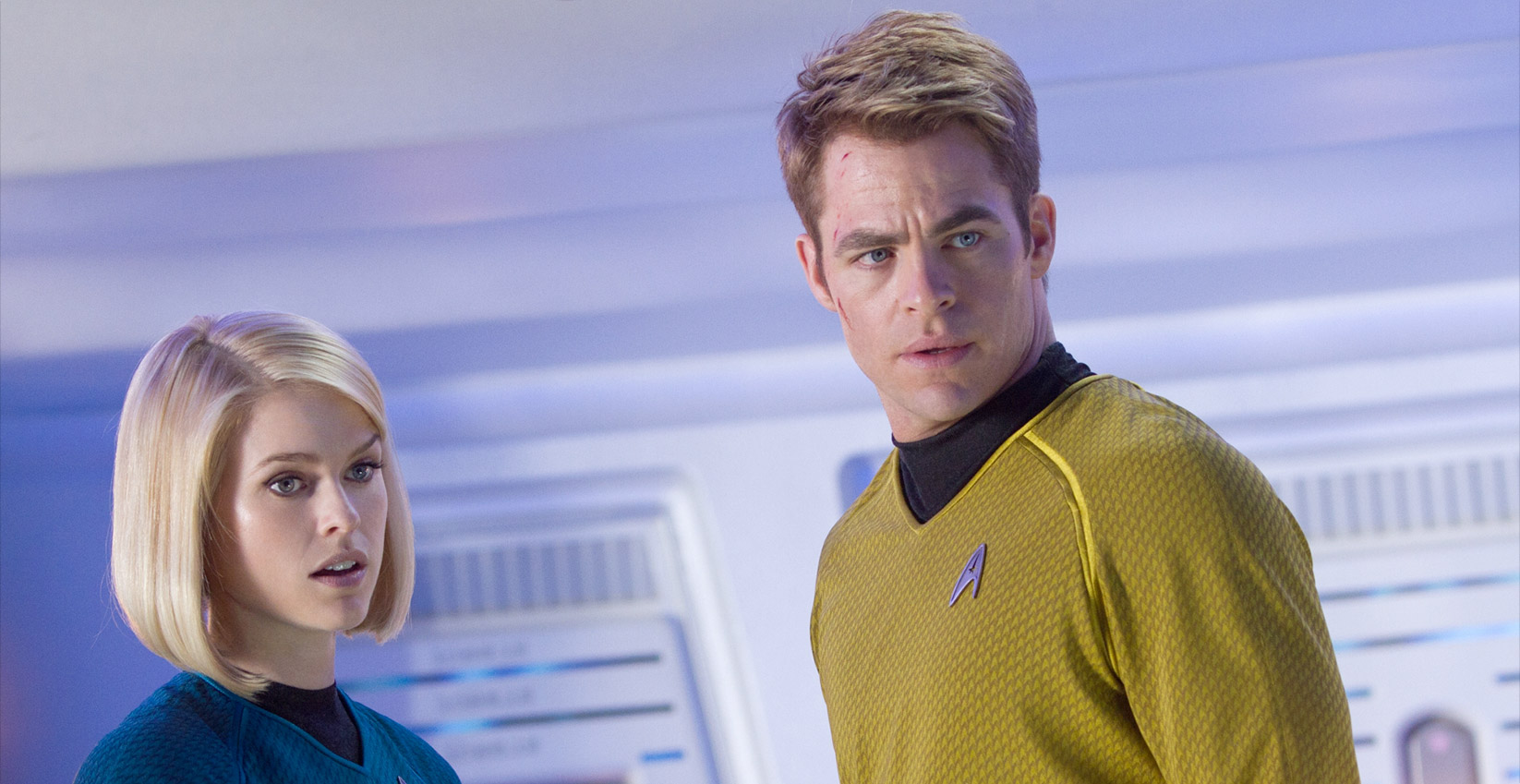
While Star Trek Into Darkness was initially thought to be a success thanks to great reviews and strong box office (the highest of the Star Trek series), reactions to the film have been soiled in the past few years as many Star Trek fans have rallied against the film on the grounds that it doesn’t respect Gene Roddenberry’s original vision and replicates too many elements of Star Trek II: The Wrath of Khan.
It’s easy to point out the scenes and bits of dialogue that are lifted from The Wrath of Khan, but these moments are interpreted in new ways; Khan himself is a victim of Starfleet’s rapid militarization, and the parallels to an unjust war fought on the grounds of a terrorist attack shrouded in mystery are surprisingly timely.
The best element of the new “Kelvin Timeline” Star Trek films has been the relationship between Kirk and Spock, and once again Chris Pine and Zachary Quinto have excellent chemistry, with Spock having to choose how to balance his human and Vulcan qualities. J.J. Abrams has a very clear sense of scale and creates some of the most dynamic action sequences in the history of the Star Trek series, with an opening reminiscent of Raiders of the Lost Ark and a chaotic final chase in which Spock is in a race against time to retrieve Khan’s blood in order to save Kirk. The respect for Roddenberry’s world couldn’t be more clear, with a glorious shot of the Enterprise emerging from the shadows serving as the perfect personification of the hope that the original series had.
1. Solo: A Star Wars Story
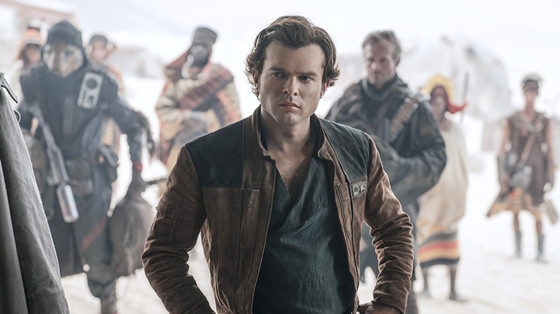
Another film beset with production troubles, Solo: A Star Wars Story is often judged for the version Lord & Miller never finished and not for that film that it is. As the other Star Wars films seek to be more epic in scale, Solo was able to make a scaled back version of the galaxy far, far away that felt true to the series’ original western origins. It’s a smart decision to focus on the seedy underbelly of the Star Wars universe, and the focus on the smugglers, gangsters, and bounty hunters is refreshing and allows Solo to do different genres; it’s a heist story set in the Star Wars universe with the adventure and high stakes of a western.
Alden Ehrenreich is simply terrific as Han Solo, and isn’t attempting to just do a Harrison Ford impression. Ehrenreich’s Solo is just as confident and cocky as Ford’s, but he doesn’t quite have the experience or skills to back it up, and seeing Han get in over his head and bite off more than he can chew if often hilarious. Woody Harrelson’s Tobias Beckett is the sort of morally flexible, gun slinging adventurer that feels directly lifted from the original trilogy, and his untraditional mentorship to Han sets up the tough lessons about trust and loyalty that would go on to define Han’s character. Donald Glover is also wonderful as Lando Calrissian, bringing the same sort of sly charisma that Billy Dee Williams did in The Empire Strikes Back while still giving his own take.
Solo was often criticized for filling in the gaps of Han’s story that didn’t necessarily need to be revealed, but it doesn’t get enough credit for how well done those elements are. The relationship between Han and Chewbacca is simply wonderful, setting up exactly why these two outsiders would form a lifelong bond.
The film also leaves room for Han to have further growth, as even though Emilia Clarke’s character tells him that he’s the good guy, he’s still wary of joining larger causes. It’s a thoughtful take on the Han Solo character that was never given the light of day it deserved, and the fact that there won’t be any more Solo adventures with Ehrenreich and crew is very unfortunate.